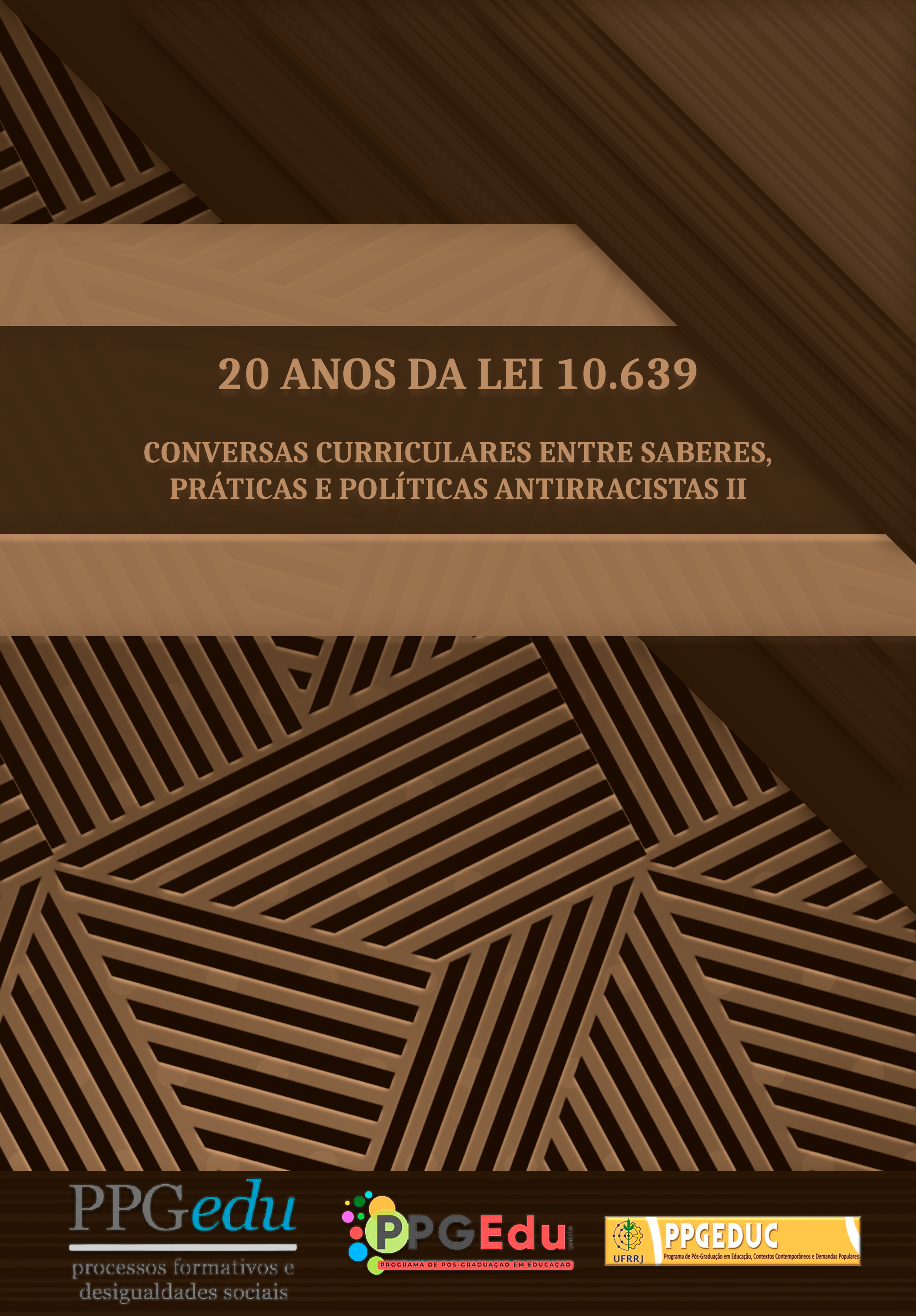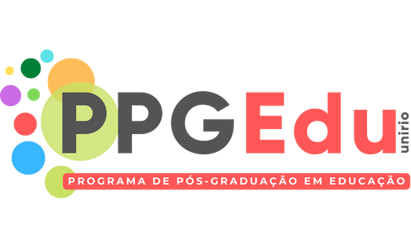TEXTUAL IDENTITY AND BLACK-BRAZILIAN LITERATURE: PROCESSES OF DEVELOPMENT LITERARY READERS AND WRITERS AND LAW 10.639/03
DOI:
https://doi.org/10.12957/riae.2024.73589Keywords:
textual identity, Black-Brazilian literature, imaginaryAbstract
This article discusses the processes of identification with the black-Brazilian text and literature, as a creation of the black population, which was constituted outside the African continent, configuring a Brazilian experience. The subjectivity is simultaneously black and Brazilian, leading to the discussion about the participatory struggle of the black population in the nation's destinies, especially the literary ones. Literature is an important discursive instance since it acts in people's imagination, even before being read, due to the filters to which it is subjected. The methodological procedures for carrying out the study point to a bibliographical research that dialogues with teaching practices in literature carried out in public education units in the municipal network of Niterói. Regarding the theoretical framework, this study has two pillars: the concept of representation from Stuart Hall and Cuti's black-Brazilian literature. As a result of the research, it is possible to point out that black-literary experiences were perceived as triggering reflections on the most diverse issues of human existence, both racial and gender.
References
ADICHIE, C. N. O perigo de uma única história. Disponível em https://www.ted.com/talks/chimamanda_adichie_the_danger_of_a_single_story/transcript?language=pt-br , Acesso em: 15 jan. 2019.
ARRAES, J. As lendas de Dandara. Liro: Editora Livre, 2015.
CUTI. Literatura negro-brasileira. São Paulo: Selo Negro, 2010.
GOMES, N. L. O movimento negro educador: saberes construídos nas lutas por emancipação. Rio de Janeiro: Vozes, 2017.
HALL, S. Da diáspora: identidades e mediações culturais. Tradução de Adelaine La Guardia Resende. Belo Horizonte: Editora UFMG, 2009.
HALL, S. Cultura e representação. Tradução de Daniel Miranda e William Oliveira. Rio de Janeiro: Editora da PUC-Rio, 2016.
ISER, W. A interação do texto com o leitor. In: LIMA, L. C. (org.). A literatura e o leitor: textos de estética da recepção. Tradução de Luiz Costa Lima. Rio de Janeiro: Paz e Terra, 1979.
ISER, W. O fictício e o imaginário: perspectivas de uma antropologia literária. Tradução de Johannes Kretschmer. Rio de Janeiro: EdUERJ, 2013.
RANCIÈRE, J. A partilha do sensível: estética e política. Tradução de Mônica Costa Netto. São Paulo: EXO/Editora 34, 2009.
SERRES, A. Mandela: o africano de todas as cores. São Paulo: Editora Pequena Zahar, 2013.
SPIVAK, G. C. Pode o subalterno falar? Tradução de Sandra Regina Goulart Almeida, Marcos Pereira Feitosa e André Pereira Feitosa. Belo Horizonte: Editora UFMG, 2010.
TRINDADE, A. L. da (org.). Africanidades brasileiras e educação: salto para o futuro. Rio de janeiro: TV escola /MEC, 2013. https://revistacult.uol.com.br/home/quem-e-e-sobre-o-que-escreve-o-autor-brasileiro/ Acesso em: 11 mai. 2019.
Published
How to Cite
Issue
Section
License
Copyright (c) 2024 Renata de Oliveira Batista Rodrigues

This work is licensed under a Creative Commons Attribution-NonCommercial 4.0 International License.
Authors retain copyright to their work, are permitted to publish and distribute their work online (e.g., in institutional repositories or on their personal page) at any point before or during the editorial process, as this may generate productive changes, as well as increasing the impact and citation of published work.
The acceptance of the text implies the authorization and exclusivity of the Revista Interinstitucional Artes de Educar regarding the right of first publication, the published works are simultaneously licensed with a Creative Commons Attribution-Non Commercial 4.0 International License 























